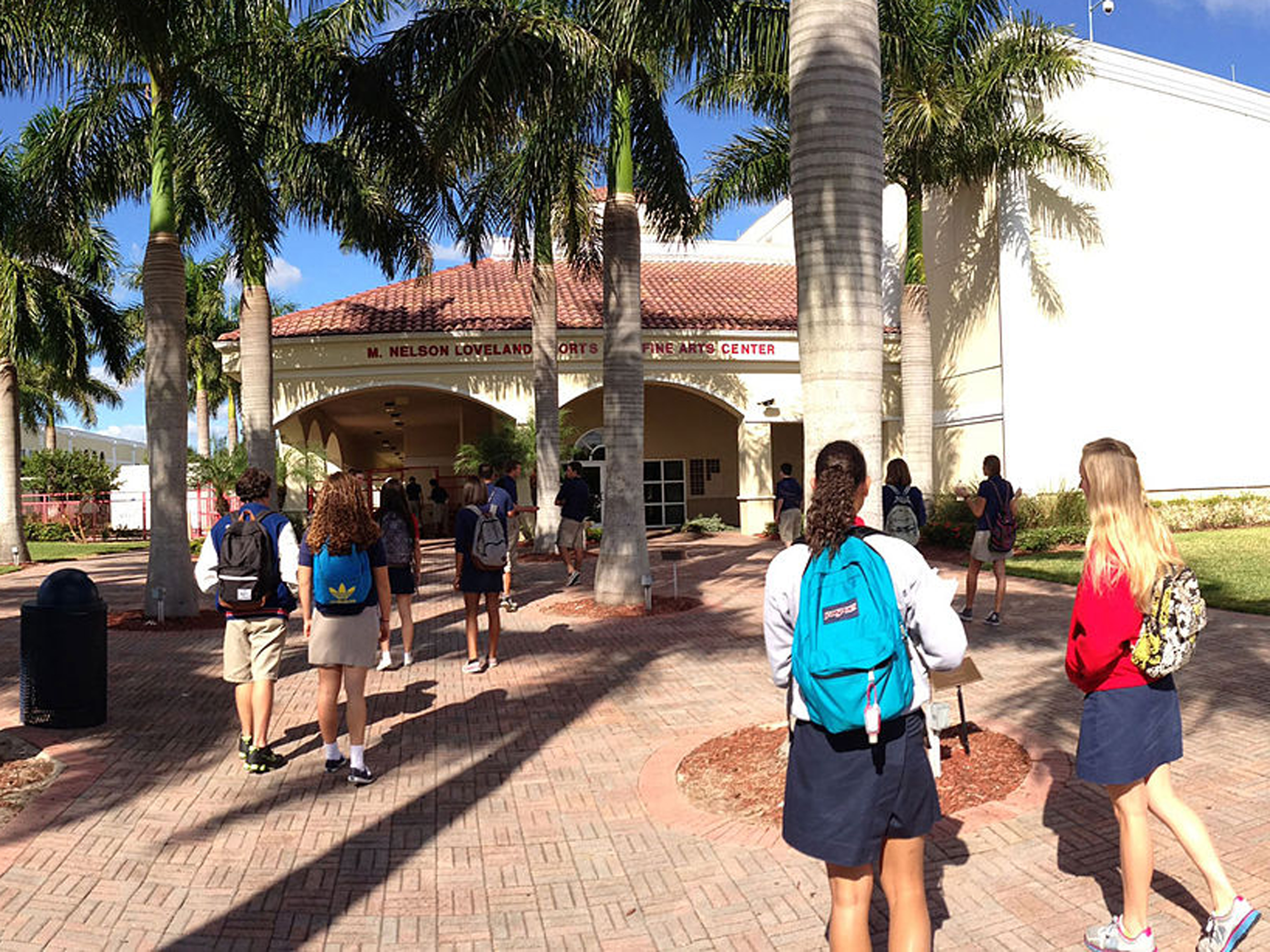
Low-income students don’t benefit more from private school than public school, suggests new research from scholars at the University of Virginia.
The study, forthcoming in the Educational Researcher, offers new insights to help inform debates about whether children from poor families would learn more and earn higher test scores if they were able to attend private school.
Several states use public money to offer lower-income students vouchers to pay for private school. More than a dozen states allow individuals and corporations to donate a portion of the state taxes they owe to nonprofit organizations that provide private school scholarships to certain types of students – generally, those who have a disability or come from lower-income households, according to the National Conference of State Legislatures. These private school vouchers and corporate tax credit scholarships are among several school choice options that have grown in popularity in the United States despite widespread criticisms.
For this new study, researchers analyzed data collected from a group of 1,097 kids in nine states who were followed from birth through age 15. The scholars looked at how many had attended private school between kindergarten and their freshman year of high school. They also looked at how the kids performed as ninth graders on a range of benchmarks, including test scores.
When the scholars did a simple comparison, they learned that students who had attended private school at any time in their academic career performed better on most benchmarks than students who only attended public school. But when the scholars controlled for factors related to family resources — the household income-to-needs ratio, for example — they got a very different picture.
They discovered that kids who went to private school and those who only attended public school performed equally as well in the ninth grade in terms of math achievement, literacy, grade-point averages and working memory. They were just as likely to take more rigorous math and science courses, expect to go to college, have behavioral problems and engage in risky behavior such as fighting and smoking.
The findings didn’t change based on where students lived. In other words, the findings also applied to students in urban and rural areas.
“By simply controlling for variation in family income, the majority of these differences in outcomes were eliminated,” explain the researchers, Robert C. Pianta, who’s the dean of and a professor at UVA’s Curry School of Education, and Arya Ansari, a postdoctoral research associate there.
“The apparent ‘advantages’ of private school education … were almost entirely due to the socioeconomic advantages that selected families into these types of schools and were not attributed to private school education itself.”
Some of the other key takeaways from their study:
- About a third of children had attended private school for at least a year at some point between kindergarten and grade 9. Those who attended private school went for an average of 5.73 years.
- Among the kids who went to private school, the largest proportion enrolled during kindergarten. Twenty-three percent started in kindergarten compared to 17 percent in third grade, 16 percent in sixth grade and 14 percent in ninth grade.
Looking for more research on private schools? Check out this collection of research on private school vouchers and student achievement. We also have write-ups on private colleges, including a research roundup on historically black colleges and universities and another one on affirmative action in university admissions.
This photo, taken by Randal Martin and obtained from Wikimedia Commons, is being used under a Creative Commons license. It has been cropped to reduce its size.
School uniforms: Do they really improve student achievement, behavior?
